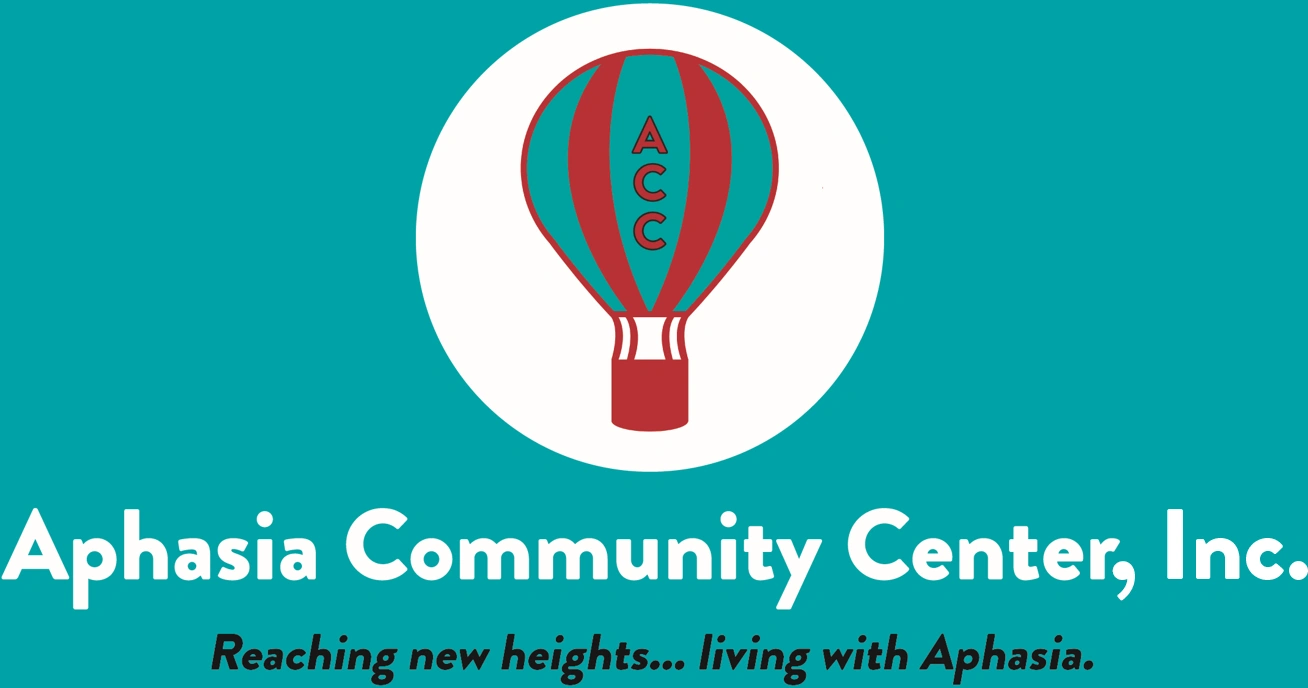National Stroke Awareness Month is this month! It began in May 1989 after President George H. W. Bush signed Presidential Proclamation 5975. During May, the focus is on raising awareness about strokes, educating people to recognize the warning signs, taking action, and preventing strokes. Most people with aphasia have already had one stroke, so prevention of a second stroke is paramount.
Strokes can occur at any time and affect anyone. A stroke is a severe medical emergency caused by insufficient blood flow to the brain. Did you know that according to the American Stroke Association, approximately twelve million people (about half the population of Florida) have a stroke each year, and sadly, half of them will die? Strokes are the fifth leading cause of death and a significant cause of severe disability in the U.S.
These facts make it crucial to understand the signs and act swiftly because it can make a difference in recovery and survival. Remembering the acronym F.A.S.T. can help you figure out what is happening.
- F – Face drooping: Is one side of the face drooping or numb? Ask the person to smile. Is their smile uneven?
- A – Arm weakness: Is one arm weak or numb? Ask the person to raise both arms. Does one arm drift downward?
- S – Speech difficulties: Is speech difficult to understand or slurred? Ask the person to repeat a simple sentence like “The sky is blue.”
- T – Time to call 911: If you notice any of these symptoms or see someone else experiencing them, call 911 immediately! Acting fast can make a significant difference in recovery and survival.
Stroke survivors have the power to reduce their risk of having another stroke. Identifying the cause of the initial stroke and understanding personal risk factors are essential steps. Making healthy lifestyle choices is an integral part of preventing a second stroke. Here are critical strategies to minimize the risk of recurrence.
- Control Blood Pressure: Uncontrolled high blood pressure significantly increases the risk of stroke. Take prescribed medications, check your blood pressure regularly, and follow your doctor’s advice.
- Manage Cholesterol Levels: Healthy eating, exercise, and statin medications can help reduce cholesterol levels. High cholesterol can cause plaque buildup in arteries, restricting blood flow to the brain.
- Monitor Blood Sugar (Diabetes): High blood sugar damages blood vessels and increases clot formation. Manage diabetes through diet, exercise, and medications.
- Quit Smoking: Smoking thickens blood and contributes to plaque buildup in arteries. Seek support and smoking cessation programs to quit smoking.
- Maintain a Healthy Weight: Obesity is linked to diabetes, high blood pressure, and heart disease. Regular exercise and a balanced diet can help manage weight.
- Limit Alcohol Intake: If you drink, limit alcohol consumption to five ounces or less per day. Red wine, in moderation, may have heart and brain-protecting properties.
- Stay Active: Incorporate aerobic exercise (like walking or bicycling) into your routine. Aim for two and a half hours per week.
- Adopt a Mediterranean Diet: Include omega-3 fatty acids (from fish and flaxseed) and reduce saturated fats and trans fats.
Remember, 80% of recurrent strokes can be prevented through lifestyle adjustments and proper medical management. Consult your healthcare provider to tailor a prevention plan that suits your needs.
For more information, you can visit:
Let us come together to defeat stroke by acting F.A.S.T.! It is possible to prevent a second stroke and promote better health.

